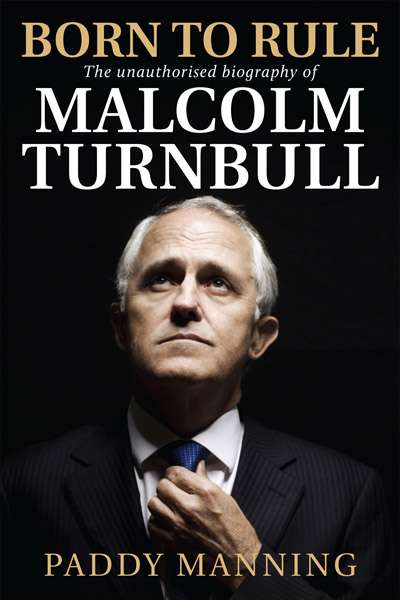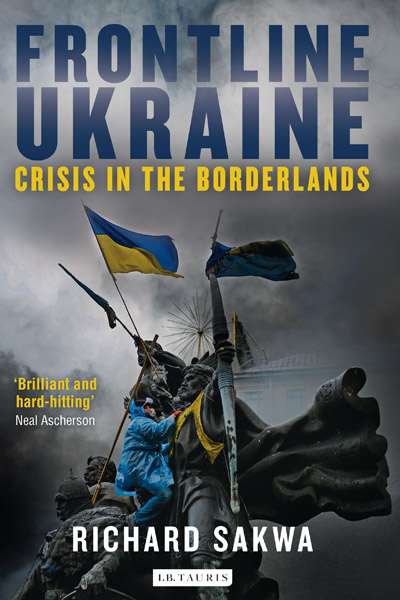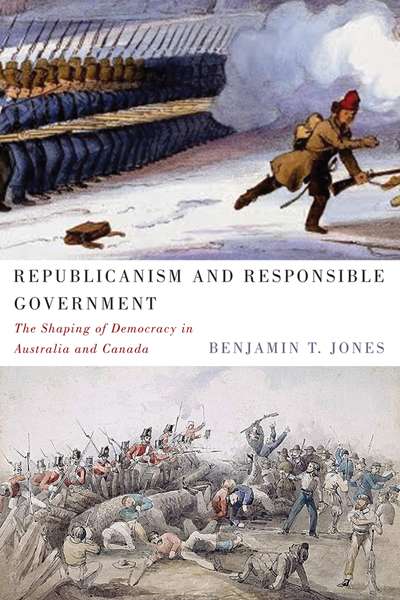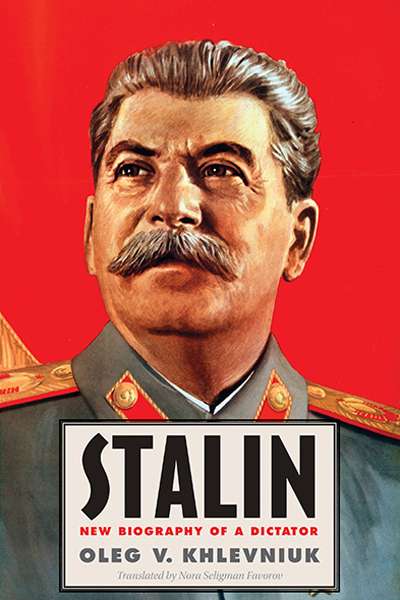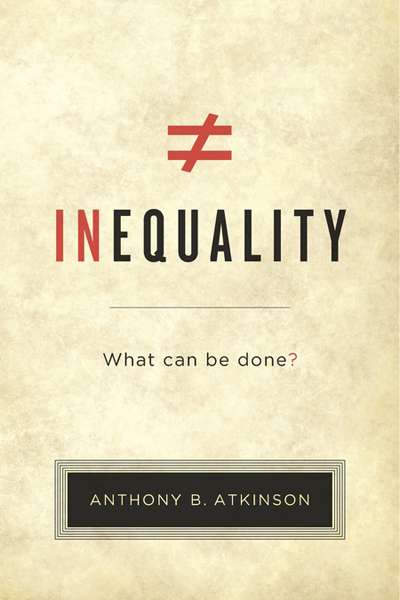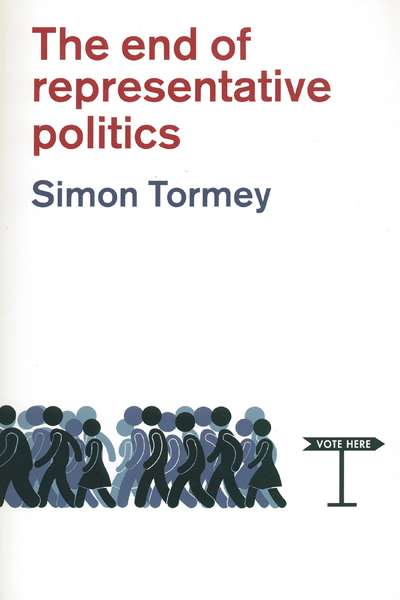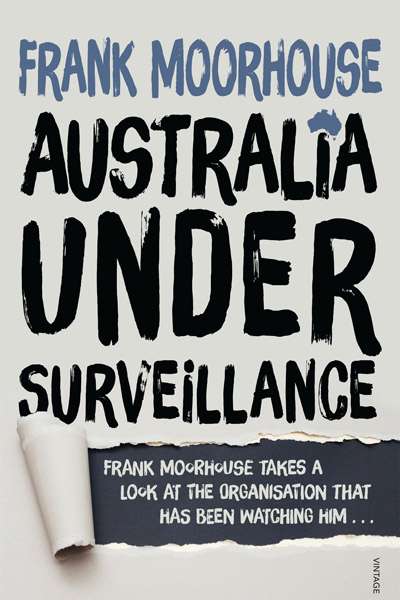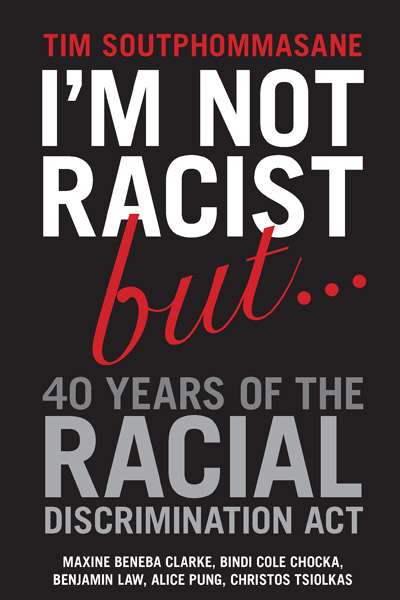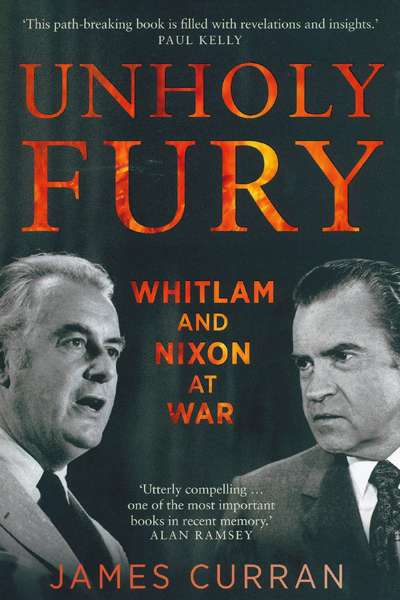Politics
Born to Rule: The Unauthorised biography of Malcolm Turnbull by Paddy Manning
Since deposing Tony Abbott on 14 September 2015, Malcolm Turnbull has dominated Australian politics like a colossus. Turnbull's triumph, though long expected, happened quickly. The sense of national relief that followed was profound. The preceding eight years of Australian politics – scarcely the apotheosis of democratic governance – had produced intense public ...
Frontline Ukraine: Crisis in the Borderlands by Richard Sakwa
It is all Vladimir Putin's fault. Two years after the crisis in Ukraine erupted, the prevailing view in Europe, the United States, and Australia remains that responsibility for the conflict there – including the shooting down of flight MH17 – lies with Russia's president. This, the argument goes, is all part of Putin's plan to restore Russia's dominance of its r ...
Republicanism and Responsible Government: The Shaping of Democracy in Australia and Canada by Benjamin T. Jones
Studies in the early history of Australian democracy have undergone a remarkable regeneration over the past decade. Since New South Wales's sesquicentenary of responsible government in 2006, books by Peter Cochrane and Terry Irving, and essays by Paul Pickering, Andrew Messner, and Sean Scalmer, have overhauled prevailing interpretations of the 1840s and 1850s, whic ...
Stalin, Volume I by Stephen Kotkin & Stalin by Oleg V. Khlevniuk and translated by Nora Seligman Favorov
How dissimilar two books on the same topic can be: one expansive and apparently unconstrained by word limits, the other constrained and economical; one following a simple chronological narrative, the other an admirable adaptation of literary techniques of multi-layered story telling. Both are political books, but the politics are as different as the personalities of ...
If free markets promote themselves as the most effective and efficient way of creating and sharing prosperity, then growing inequality has emerged as one of their deepest failings in the early part of this century. After all, how ‘effective’ is having ninety-nine per cent of the world’s wealth go to less than one per cent of its population? Is it ‘effi ...
'Sabotage: How the attack on renewables undermines government' by David Schlosberg
‘Pathetically inadequate’ was probably the most frequent description of the government’s voluntary emissions proposal for the United Nations Climate Change Conference; the description fits their ...
The questions Simon Tormey poses in The End of Representative Politics are crucial, and we need more political scientists willing to grapple with them. His is a well-informed, well written discussion of the apparent crisis of ‘traditional’ politics, and it deserves readers beyond the academy.
Tormey’s basic argument is that the forms of repres ...
Operating in the shadows, security agencies usually have indifferent reputations. Their very nature prevents them from fully explaining themselves. At least some of their activities, if exposed to full scrutiny, would not enhance their reputations. There is a need for security agencies, yet the nature and scope of their role, powers, and responsibilities are contest ...
I'm Not Racist But ... 40 Years of the Racial Discrimination Act by Tim Soutphommasane
Does a law change the way people behave and think? Can it accelerate a shift in cultural norms? These are some of the questions that emerge from this reflection on Australia’s Racial Discrimination Act (1975).
Tim Soutphommasane is hardly a disinterested commentator, since he owes his current job as Racial Discrimination Commissioner to the very a ...
‘I have never met an Aussie I didn’t like.’ The half-compliment was the best President Richard Nixon could muster during a restrained exchange with Prime Minister Gough Whitlam in the Oval Office in July 1973. After the turbulent build-up to this meeting, rivetingly conveyed in James Curran’s history Unholy Fury: Whitlam and Nixon at War, one almost e ...

